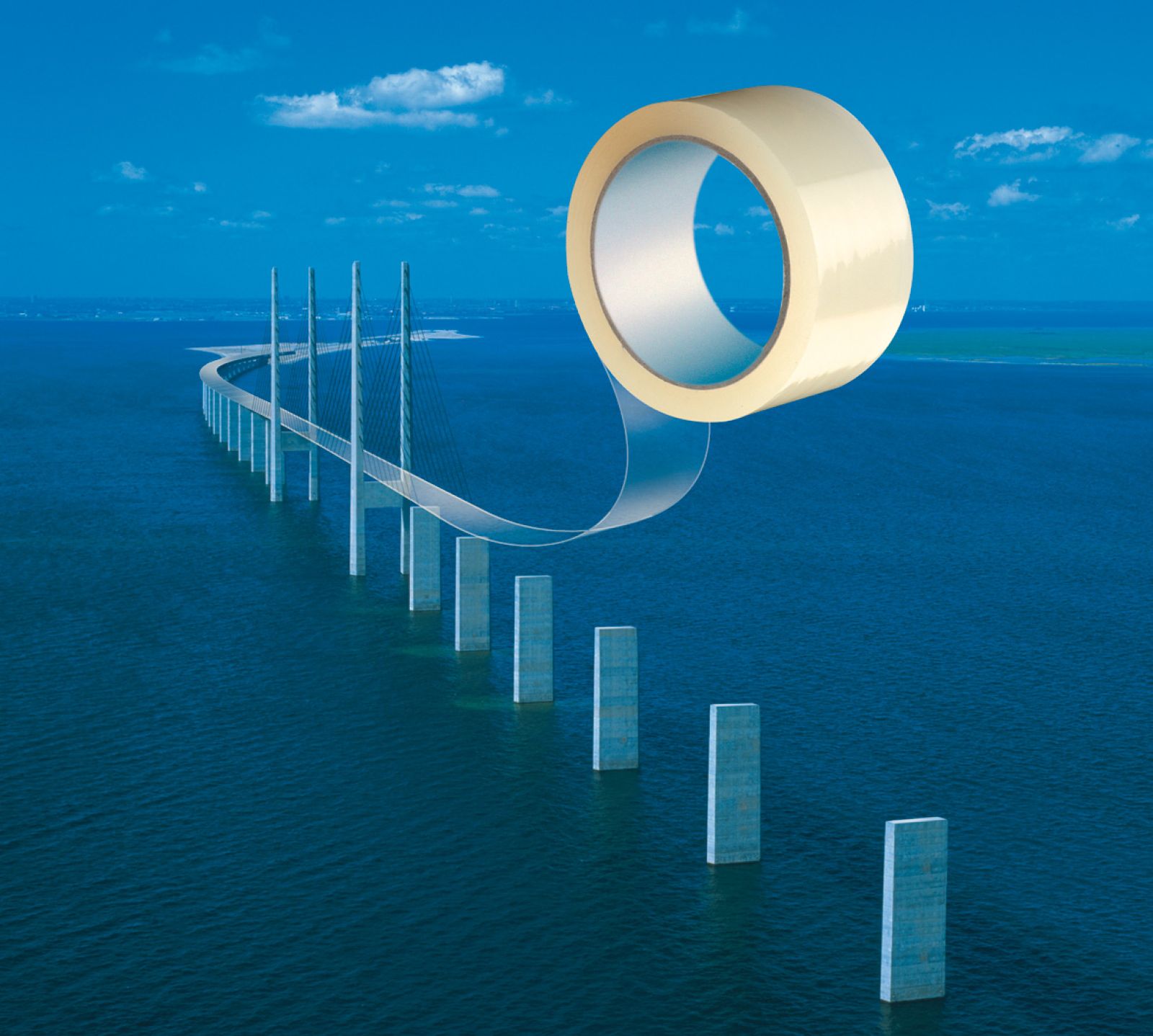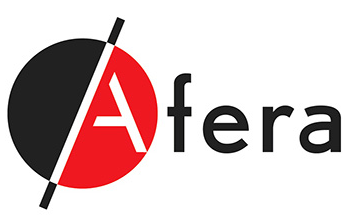
Engineering polyolefin foams to contribute to a sustainable economy
 During Afera’s recent 64th Conference, Satish Palika, application development manager at Sekisui Alveo (CH), took the audience of 100 adhesive tape industry professionals through his company’s approach to enhancing the sustainability of polyolefin foam products for adhesive tape applications, including associated experiences and challenges. He reviewed various phases of the decision-making process, selection of approved standards, considerations of ecological and social sustainability, and compliance with local geographical circumstances and policies. By involving various parties along the supply chain using a transparent, traceable, multi-stakeholder approach, Mr. Palika said, the European adhesive tape industry has the strong potential to contribute to the growth of sustainable solutions and take a giant step towards achieving circularity.
During Afera’s recent 64th Conference, Satish Palika, application development manager at Sekisui Alveo (CH), took the audience of 100 adhesive tape industry professionals through his company’s approach to enhancing the sustainability of polyolefin foam products for adhesive tape applications, including associated experiences and challenges. He reviewed various phases of the decision-making process, selection of approved standards, considerations of ecological and social sustainability, and compliance with local geographical circumstances and policies. By involving various parties along the supply chain using a transparent, traceable, multi-stakeholder approach, Mr. Palika said, the European adhesive tape industry has the strong potential to contribute to the growth of sustainable solutions and take a giant step towards achieving circularity.
A road towards circularity: contribution of polyolefin foams towards a sustainable economy and the associated challenges and experiences
By Satish Palika, application development manager at Sekisui Alveo
 The development and optimisation of environmentally friendly polyolefin product solutions is Sekisui Alveo’s contribution to a sustainable adhesive tape world. High performance polyolefin foams are widely used as a carrier for adhesives in foam tape products because they can be developed as sustainable, resource-conserving, energy-saving solutions. Typical application fields include building & construction, industrial, medical and transportation because of the various advantages like long-term durability, light-weight design, flexibility and energy efficiency.
The development and optimisation of environmentally friendly polyolefin product solutions is Sekisui Alveo’s contribution to a sustainable adhesive tape world. High performance polyolefin foams are widely used as a carrier for adhesives in foam tape products because they can be developed as sustainable, resource-conserving, energy-saving solutions. Typical application fields include building & construction, industrial, medical and transportation because of the various advantages like long-term durability, light-weight design, flexibility and energy efficiency.
The way polyolefin foams contribute to the circular economy is by reducing the dependency on new fossil resources and gradual reduction of carbon footprint through what is termed “the mass balance approach”, which establishes a link between polyolefin foams and sustainable raw materials.
Sekisui Alveo follows the internationally recognised ISCC system (International Sustainability & Carbon Certification). Its production plant in Roermond is certified according to the principles of ISCC PLUS for industrial applications, following the mass balance approach (see short video). This certification approach enables extending circularity to sourcing by using certified circular raw materials to produce polyolefin  foams. For example, bio-circular feedstock materials which are classified as waste/residue of biological origin can be reused, thereby reducing the requirement of new fossil feedstocks. Instead of contributing to landfill or exploiting other sources of energy, these feedstocks can be utilised to produce circular raw materials with which to manufacture, for example, bio-circular polyolefin foams used as carriers for adhesive tape applications. Sekisui Alveo is also evaluating other circular sources, such as post-consumer mixed plastic waste, under this mass balance approach.
foams. For example, bio-circular feedstock materials which are classified as waste/residue of biological origin can be reused, thereby reducing the requirement of new fossil feedstocks. Instead of contributing to landfill or exploiting other sources of energy, these feedstocks can be utilised to produce circular raw materials with which to manufacture, for example, bio-circular polyolefin foams used as carriers for adhesive tape applications. Sekisui Alveo is also evaluating other circular sources, such as post-consumer mixed plastic waste, under this mass balance approach.
A circular approach requires a high degree of transparency, traceability and compliance with social and ecological criteria along the entire supply chain. Furthermore, bio-circular materials should come from a sustainable and deforestation-free supply chain, should not compete with the human food chain and should not be intentionally produced for industrial use. By following the mass balance approach according to ISCC PLUS certification, it is possible to fulfil the aforementioned requirements, and rules for transparency can be followed along the whole adhesive tape supply chain. In addition, the credibility of a circular product can be guaranteed, because the sustainable declaration and circular claims are verified by an independent third-party auditor.

In addition to certified circular polyolefin foams as carriers, there are also certified adhesives and foils for liner products available on the market that enable the creation of circular adhesive tape products. The adhesive tape industry should follow a holistic approach towards circularity with partnerships along the entire supply chain, something which is key to improving circularity.
About Satish Palika
Since March 2016, Satish Palika has been an application development manager at Sekisui Alveo AG in the business unit for adhesive coating and flooring. He is responsible for industrial, construction, automotive and medical applications. Previously he has held various roles in the fields of product and process development of photopolymers and electro-optical and thin film devices, technology implementation in mass production lines, and intellectual property. Mr. Palika holds a Bachelor of Engineering in mechanical, production and industrial engineering from Andhra University (India) and a Master of Science in mechanical engineering from Dalarna University (Sweden).
Read more on this subject here.
Download the complete slide presentation of Dimitrios Soutzoukis (Members only)
Go to overview of Valencia Conference topics
Learn more about Afera Membership

